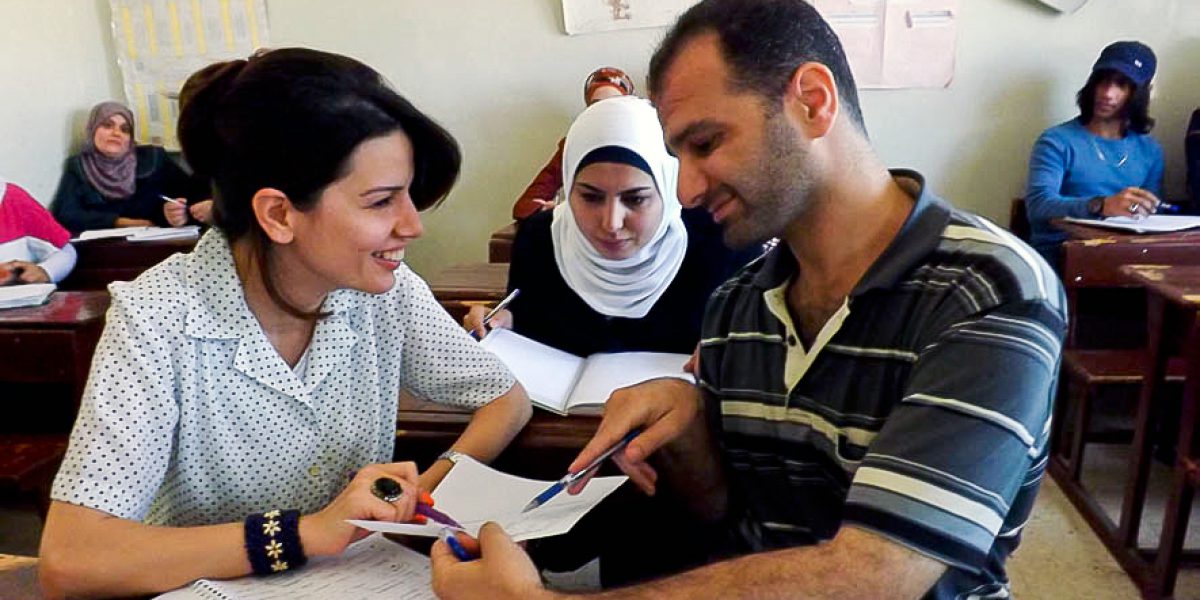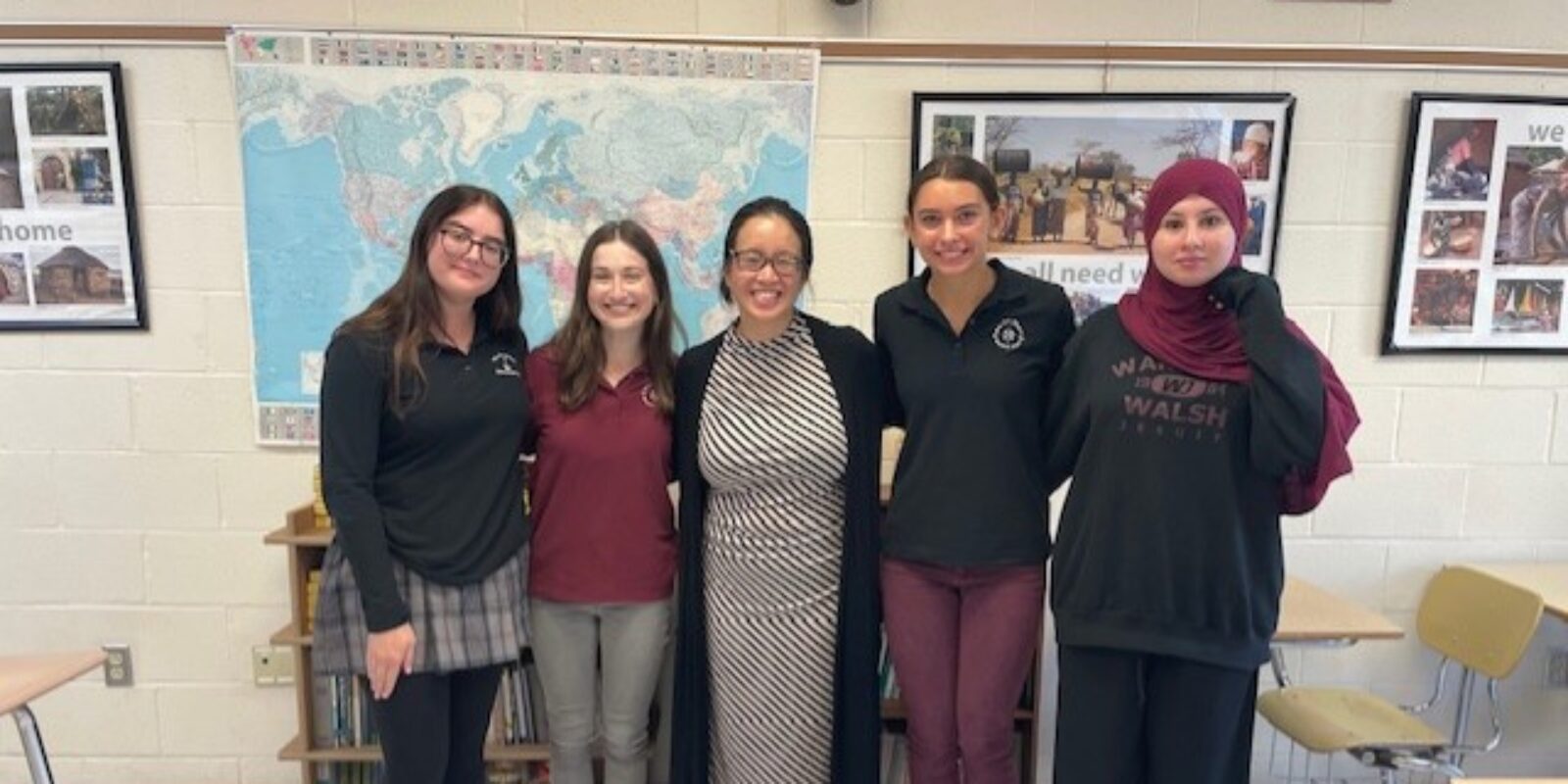Jordan: Finding Leadership and Purpose in Education
26 May 2015

When I came to Jordan, I did not know anybody. I grew up in Darfur, Sudan and when I was 15 I went to the capital Khartoum and studied there for eight years. In 2012, I decided to leave because of security issues with the Sudanese government. I left alone, and then my family followed me.
My name is Ismail Haroun, and I am 26 years old and have been in Jordan for three years. I live with my family – my stepmother and half-brother and half-sister. The day I arrived, I was stuck at the airport for about 24 hours, because of security problems with the Jordanian government. They took my passport so I couldn’t stay at a hotel.
I took a taxi from the airport and asked the driver to help me find anyone from Sudan. He took me downtown, where I found a man from eastern Sudan. He introduced me to some people from Darfur, and I stayed with them that day. They took me to UNHCR to register and showed me around the city. From there, I started my life in Jordan. Six months later, I was recognized as a refugee and got my passport back.
There are always pros and cons, everything has two sides. My first year in Jordan, I experienced culture shock. It was difficult to understand the language, to make friends and to move around the city. Over time, as I learned how to imitate the accent and adapt to the culture, it became easier. There were some trustworthy people, who could help if you needed to get a job or rent a house. Policies in Jordan made it hard to get a job and even harder to get the type of job that allows time for studying or other activities. I received less money than the work I did, but I was so afraid to discuss the issue, worried I would not get paid at all.
Education
Starting my studies was the most interesting part of being in Jordan. In the beginning, I studied at the Jesuit Refugee Service center in Ashrafieh. I met good friends, from different nationalities, not only from Jordan or Sudan, but also other refugees from Iraq, Syria, and Somalia.
I’m currently a student in the Jesuit Commons: Higher Education at the Margins online Liberal Studies Diploma program. I’ve improved a lot, especially in English. The program has inspired me to think of life differently. When I left college — I studied a year and a half in Sudan — I thought I was done studying. I had lost hope in everything and was depressed. But, I feel as if this opportunity has saved my life. To have a second chance to complete my education. I began to realize that life has many opportunities in store, not only for me, but for the betterment of humanity.
Leadership is not easy, but it’s much easier when you understand the tools, or the way to lead. The Diploma program teaches people how to apply what they are studying, especially conflict resolution, leadership or communication skills. For example, sometimes I would find it difficult to send a message to certain groups of people, because different people have different ways of communicating. The Interpersonal Communication course really helped me to distinguish when and how to use different types of communication for various situations. I am now a community leader, and started advocating for vulnerable people in my community, thanks to what learned.
This course inspires the students to change things around them, transform their ideas and share them with the community to resolve conflicts or disputes. The most valuable part of the course for me is giving hope by example. When I find people who have lost hope, I tell them what I’ve been through and what I’ve accomplished.


